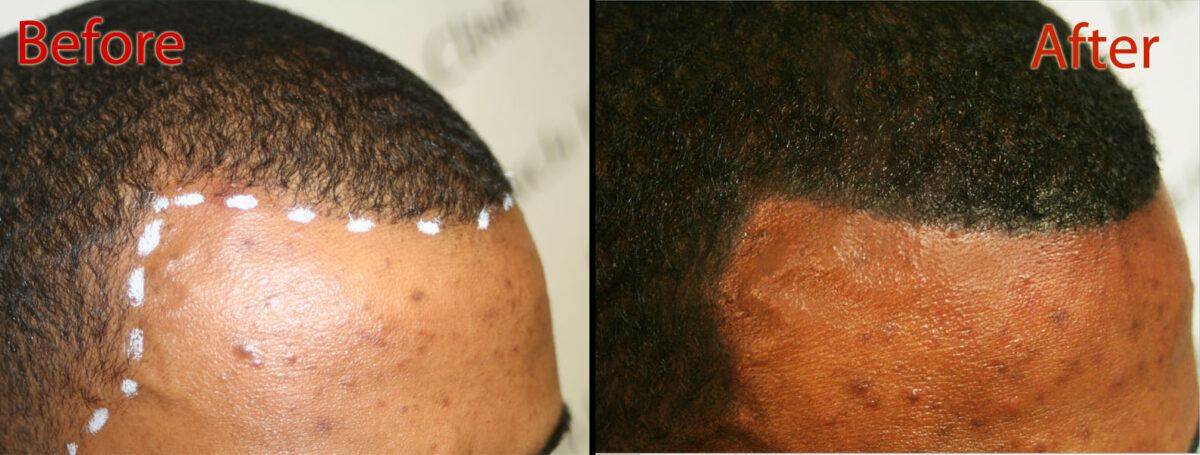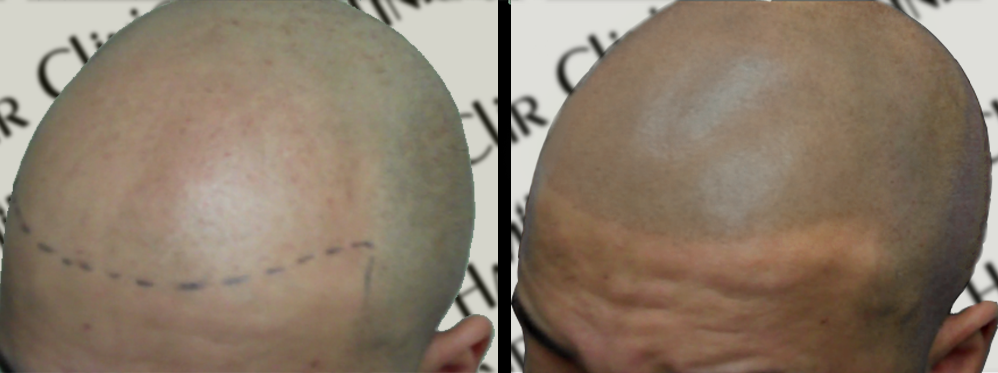Is there a connection between hats and hair loss? Does wearing a hat cause hair loss? This question troubles millions of hat enthusiasts. Perhaps you are wondering whether hats block blood or air circulation to the scalp. Well, scientific research shows no direct connection between regular hat-wearing and male pattern baldness.
Hair follicles receive oxygen and nutrients through blood circulation beneath your scalp. They do not need air from above to function properly. When you wear a hat, you are not suffocating your hair or blocking essential nutrients from reaching your roots.
Studies examining identical twins found that men who wore hats daily actually experienced less hair loss around their temples compared to those who rarely wore hats. This suggests hats might protect against certain types of hair damage by shielding your scalp from harmful UV radiation.
What About Tight Hats and Hair Loss?
While normal hat wearing is completely safe, extremely tight headwear can potentially create problems. Does wearing a tight hat cause hair loss? The answer could be yes and no!
Traction alopecia occurs when constant tension damages hair follicles over time. This condition typically results from tight hairstyles like braids or ponytails. However, a hat would need to be uncomfortably tight and worn continuously to create enough sustained pressure for traction alopecia.
Most people naturally adjust or remove hats that feel too restrictive. Your everyday headwear cannot generate the prolonged tension required to permanently damage healthy follicles.
Will Wearing a Hat Every Day Cause Hair Loss?
Daily hat wearing poses no risk to your hair health when done correctly. The key factors are proper fit, regular cleaning, and breathable materials. Cotton and wool hats allow better air circulation than synthetic fabrics.
Problems arise when hats become breeding grounds for bacteria due to poor hygiene. Sweaty, dirty headwear can cause scalp irritation and temporary inflammation. However, these issues rarely lead to permanent hair loss and resolve quickly with proper scalp care.
What Really Causes Male Pattern Baldness?
The true culprits behind hair loss are genetics, environmental factors, stress, medication, and hormones. Male pattern baldness results from sensitivity to dihydrotestosterone (DHT), a hormone derived from testosterone. When DHT binds to susceptible hair follicles, it causes them to shrink and eventually stop producing hair.
Other common causes include stress, medical conditions, nutritional deficiencies, and certain medications. These internal factors play a much more significant role than external accessories like hats or caps. Even environmental pollution is often to blame for hair loss. The same goes for certain medications.
When Natural Remedies Fall Short
Hair loss irks. It hurts. Many people experiment with natural solutions like essential oils, vitamins, or special shampoos, or even change their diet to control hair fall. While these approaches are popular, they often fail to deliver meaningful results for genetic hair loss patterns.
When follicles have miniaturized due to DHT sensitivity, topical treatments and dietary supplements cannot help. This reality leaves many people feeling frustrated and searching for more reliable solutions.
How Does SMP Help?
If there’s no connection between hats and hair loss and natural remedies do not work, SMP can help.
Scalp micropigmentation offers a proven alternative when natural remedies cannot address visible hair loss. SMP creates the look of fuller hair and mimics follicles, providing immediate visual improvement.
Unlike experimental treatments with uncertain outcomes, SMP delivers consistent results regardless of hair loss cause or severity. The procedure works for genetic baldness, medical hair loss, and age-related thinning. Some people experience dramatically improved confidence and satisfaction with their appearance.
Choose Your SMP Artist Wisely
The growing popularity of scalp micropigmentation has attracted many unqualified practitioners. Numerous traditional tattoo artists now claim SMP expertise without proper training or understanding of scalp anatomy.
This trend creates serious risks for clients. SMP requires specialized pigments, techniques, and equipment that differ significantly from regular tattooing. Poor work can look unnatural, fade incorrectly, or cause permanent scarring.
A professional SMP artist is well-versed in pigment chemistry, proper depth placement, and how to create age-appropriate hairlines. Choosing an experienced SMP professional makes all the difference between natural-looking results and obvious mistakes that require expensive correction procedures.
Find the best hands for your Arizona SMP job at DermiMatch Clinic.


